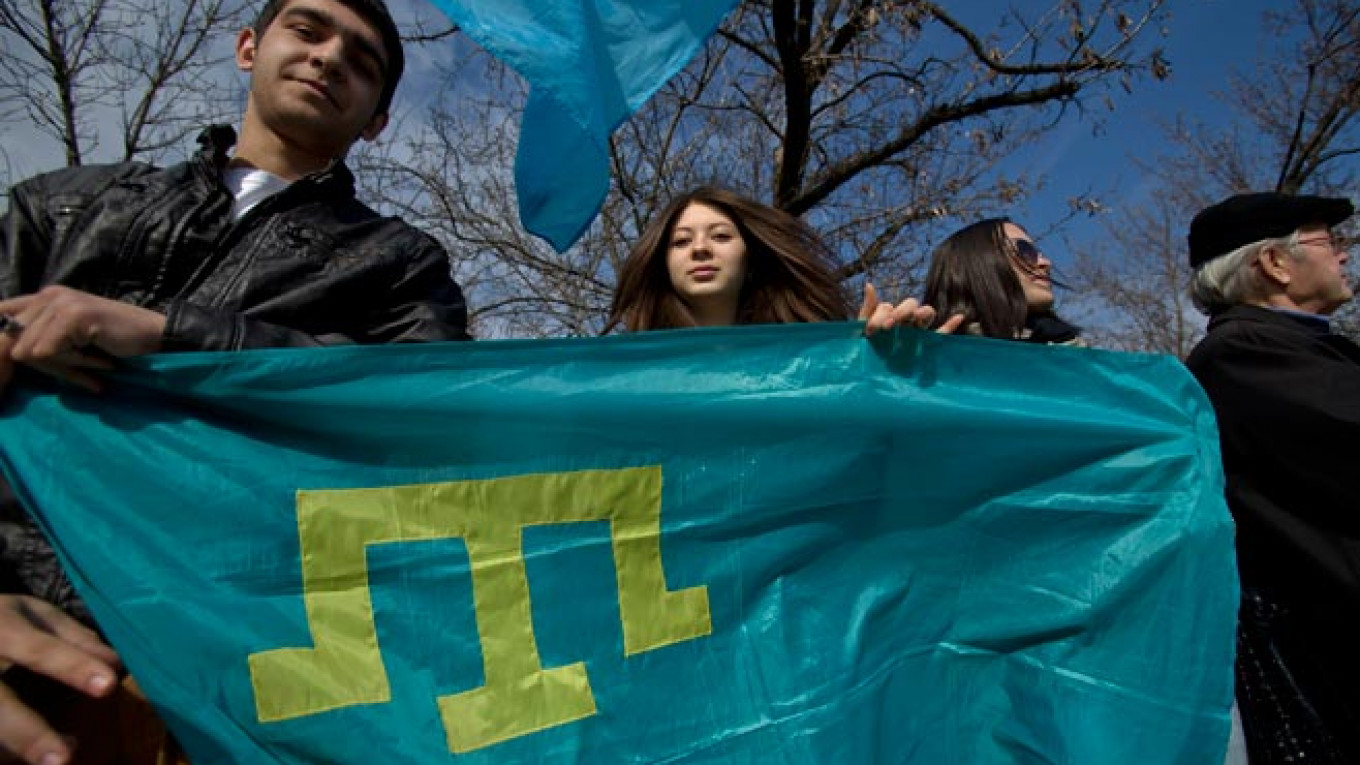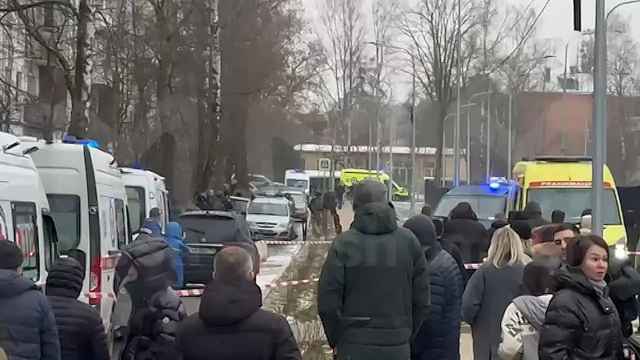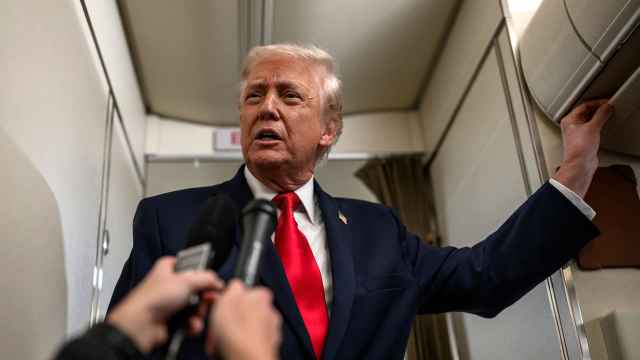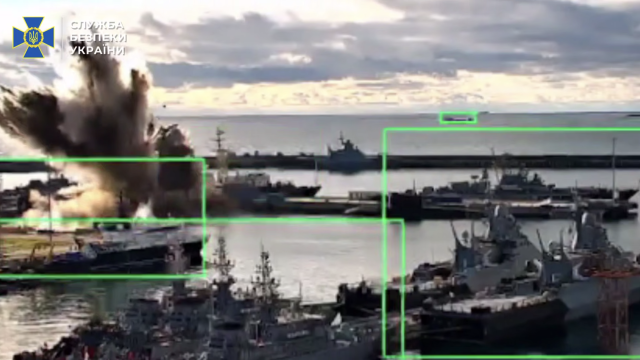SIMFEROPOL, Crimea — Crimea's indigenous Tatars are considering their own referendum on whether to be part of Ukraine or Russia, the leader of the Muslim minority said Tuesday, in a challenge to Moscow that could further destabilize the region.
Refat Chubarov, the head of the Crimean Tatars' main assembly, told Reuters that the body's 250 members would meet on Saturday to debate the future of the 300,000-strong community in the wake of Russia's annexation of Crimea.
"In the space of three weeks we have found ourselves in a completely different de facto situation," Chubarov said in an interview. "The Crimean Tatars should determine their fate themselves."
"Nobody asked us, the Crimean Tatars … in what conditions we want to live," he said.
"Should the question feature prominently during the meeting, we will seek options of holding our own referendum."
Crimean Tatars are deeply suspicious of Russian rule following the mass deportation of their ancestors to Central Asia by Soviet authorities in 1944.
Sunni Muslims of Turkic origin, the Tatars began returning to Crimea some two decades ago and now make up less than 15 percent of the peninsula's roughly 2 million people, pledging loyalty to Ukraine.
The new Moscow-backed authorities of Crimea, which has a narrow ethnic Russian majority, are unlikely to look favorably on any challenge from within to the peninsula's vote this month to join Russia.
Chubarov dismissed the hastily organized March 16 referendum, largely boycotted by Tatars, saying it was held at gunpoint under the gaze of Russian soldiers.
In annexing Crimea, Moscow cited the right of its people to self-determination. Chubarov, a historian by education, said the same should apply to the Tatars.
Seated next to the light blue flag of the Crimean Tatars, a yellow emblem depicting scales as the symbol of justice, Chubarov, 57, repeatedly referred to Ukraine as "our country."
Moscow has portrayed its seizure of Crimea as rectifying a historic injustice when Crimea, gifted to Ukraine in 1954 by Soviet leader and ethnic Ukrainian Nikita Khrushchev under the Soviet Union, was lost to Moscow when Ukraine became independent in 1991.
The Tatars, however, view things differently.
"We are fewer than ethnic Russians and ethnic Ukrainians, but this is our land, we do not have any other place outside of Crimea," Chubarov said.
He was born in Uzbekistan, where his parents were deported to as children. Chubarov's family returned to Crimea in 1968 as part of a small group of Tatars allowed back by Soviet authorities under international pressure.
Crimean Tatars are spread out across the Black Sea peninsula with larger concentration in the historic town of Bakhchisarai and some districts in Simferopol, the provincial capital.
Chubarov said he feared the Tatars may have to seek Russian passports to avoid administrative difficulties, even though Ukrainian law does not allow dual citizenship.
"The people may be forced to become citizens of the country that forced this situation on them, as well as being citizens of the country that was unable to defend them," he said.
A Message from The Moscow Times:
Dear readers,
We are facing unprecedented challenges. Russia's Prosecutor General's Office has designated The Moscow Times as an "undesirable" organization, criminalizing our work and putting our staff at risk of prosecution. This follows our earlier unjust labeling as a "foreign agent."
These actions are direct attempts to silence independent journalism in Russia. The authorities claim our work "discredits the decisions of the Russian leadership." We see things differently: we strive to provide accurate, unbiased reporting on Russia.
We, the journalists of The Moscow Times, refuse to be silenced. But to continue our work, we need your help.
Your support, no matter how small, makes a world of difference. If you can, please support us monthly starting from just $2. It's quick to set up, and every contribution makes a significant impact.
By supporting The Moscow Times, you're defending open, independent journalism in the face of repression. Thank you for standing with us.
Remind me later.






